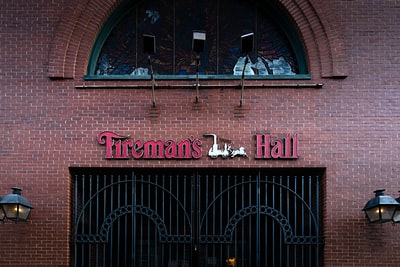Remember the Eastern European countries behind the Iron Curtain? Well by the mid- 1950s they had settled down into being Communist states. Technically they were independent of the Soviet Union, and had their own governments that were led by national communist parties. But in reality, the Soviet Union cast a long shadow over these nations. And when the local governments did things that the Soviet Union didn’t agree with, trouble would follow.
De-Stalinization

Imre Nagy
In October 1956 a new government was formed, led by the liberal figure of Imre Nagy. He convinced Khrushchev to let the Soviet forces that had occupied Hungary since the War withdraw. As soon as they did, on 28 October, he announced sweeping reforms, such as multi-party elections, freedom of speech and Hungary’s withdrawal from the Warsaw Pact. All very Western things, which were seen by the Soviet Union as a threat.
Invasion of Hungary

The invasion had a number of consequences:
1) It created international outrage in the West, against the fact that the Soviet Union had invaded another country and overthrown its government. Even Communists in Western Europe were angry, and some started to reject the Soviet Union.
2) It demonstrated that the Soviet Union did not really view the other Warsaw Pact countries as independent, and just as importantly that the Soviet Union was firmly in control of Eastern Europe.
3) With the USA and NATO not intervening, it showed that the West could not intervene directly in Eastern Europe. Doing so would have certainly triggered an all-out war.